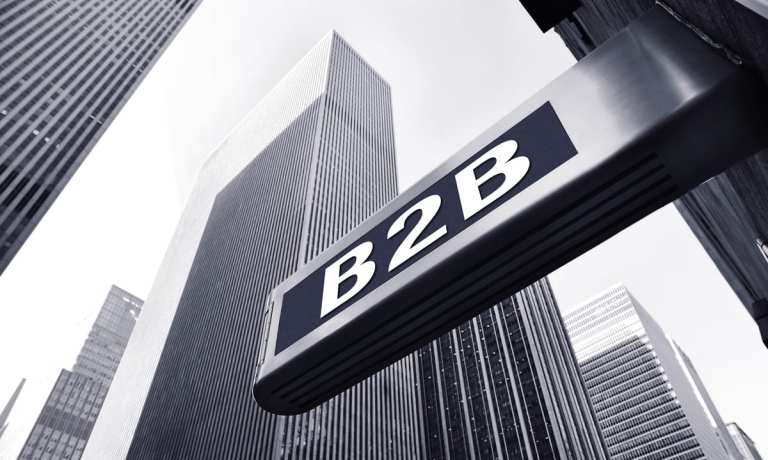LSQ Rolls Out Platform To Streamline B2B Invoicing, Capital

LSQ, which works in accounts payable (AP) and accounts receivable (AR) financing, has given businesses a single unified interface to handle needs for capital, invoices, supply chain finance and more, a Wednesday (June 23) press release said.
Called LSQ FastTrack, the new platform lets companies upload invoices from any device. Invoice digitization is automated with the new program. The new program also lets companies outsource collections to LSQ’s team and generate on-demand reports of invoice performance.
Buyers will also be able to give sellers early payments, using their own balance sheets or third-party funding.
With new AR financing functionality, seller companies will be able to speed up payments for receivables, regardless of whether a supply chain finance program for the buyer is involved.
The company has also added a new website to help explain its new features.
“For many of the companies we have worked with, we’ve found that the working capital needs aren’t as straightforward as ‘we just need an AP financing solution’ or ‘we just need an AR financing solution,’” said Don Renyer, LSQ’s chief product officer. “By providing a single integrated solution for supply chain finance, AR factoring and dynamic discounting clients have a more comprehensive and efficient way to monitor and manage their cash flow and overall financial health.”
Access to capital has been vital for small to medium-sized businesses (SMBs), PYMNTS wrote, which has been especially pertinent because of the COVID-19 pandemic over the past year.
Efforts to help SMBs with these issues, particularly SMBs headed by BIPOC (Black, Indigenous and people of color) communities, have not met the standards though. Robert Villarreal, executive vice president of CDC Small Business Finance and president of the Small Business Finance Fund (Bankers Small Business CDC of California), told PYMNTS that part of the problem is communities lack banks or other such institutions, which can hinder progress for the people living there.
Because the Small Business Administration (SBA), which was responsible for much of the financial aid last year, operates through the bigger banks, communities without those bigger banks in them ended up suffering.